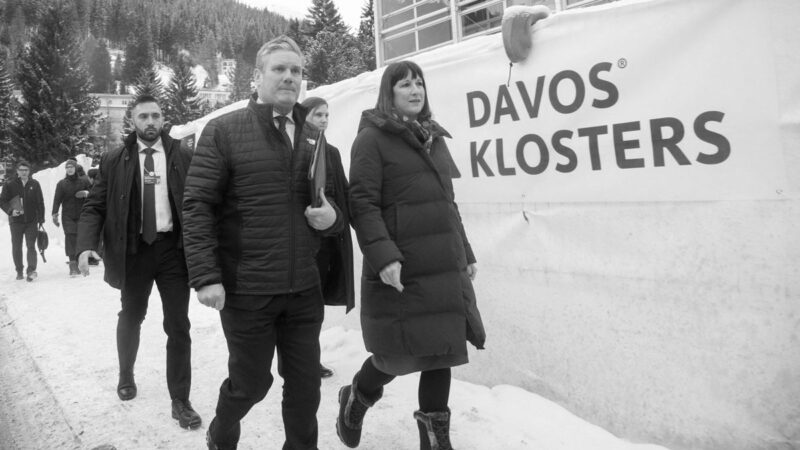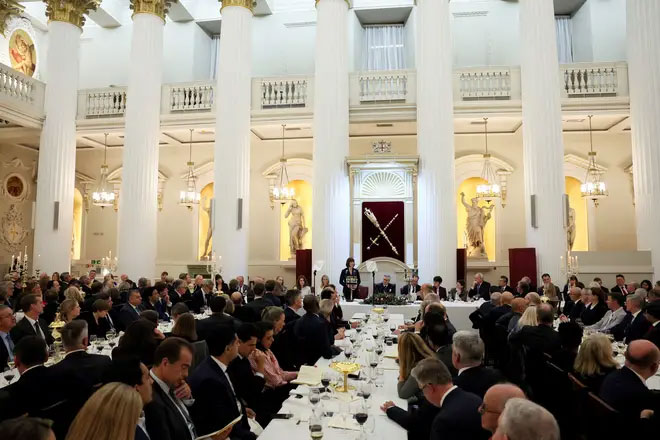Debate: Marxism versus Keynes – will taxation alone stop the cuts?
 Simon Hardy asks if we can we just tax the rich to solve the capitalist crisis, or whether more serious action is needed
Simon Hardy asks if we can we just tax the rich to solve the capitalist crisis, or whether more serious action is needed
THERE IS a popular argument used by many on the left, including trade union leaders and Labour left MPs, which says the deficit can be fixed simply through closing tax loopholes and increasing taxation on the rich.
While it is right to point out the gross injustice of the growing gap between rich and poor and the shameful tax avoidance by major corporations, that is not the end of the story. Because even if we closed the loopholes and increased taxation on the rich, capitalism’s repeated crises of boom and bust would not go away.
The problem goes much deeper, so our solutions need to go deeper too. Since the credit crunch the Tories have used the outright lie that the recession was caused by the last Labour government ‘overspending’ on public services. This, they claim, must now be ‘fixed’ by cutting government spending. That’s why your local hospital, library and nursery is threatened with closure, why you have to pay £9,000 a year to go to university, why your benefits are being reduced and why so many government employees are facing the sack.
The reality is that the deficit was caused by a worldwide crisis of the capitalist system in 2007-09. The instability of the global financial system meant a £1.3 trillion bank bail out in the UK alone. Then the recession which followed slashed tax revenues and pushed up the benefits bill.
This didn’t just happen in Britain, but all over the world. So the idea it was just Labour’s fault is a paper-thin, illogical, impossible lie.
So what caused the deficit? Capitalism caused the deficit – not just one or another policy, but the system. And this has implications for the strategy of the anticuts movement.
Tax the rich
Take tax for example. New movements like UK Uncut have done a brilliant job exposing tax dodging companies like Top Shop and Vodafone. They are demanding that these companies pay up their tax bills – in Vodafone’s case that is close to £6 billion.
It is 100 per cent right to fight tax dodging. The call for progressive taxation on the rich is essential. But it’s not enough on its own.
Suspend your disbelief for a moment and imagine that a left-wing Labour government was elected. Or, if you prefer a more realistic scenario, that the Coalition fractures in the face of mass protest and a new Miliband government comes under massive nationwide pressure to close tax loopholes, and invest more in jobs: the programme of the TUC’s ‘March for the Alternative’ on 26 March.
Socialists support all these measures but would they end the economic crisis and stop the cuts? Definitely not.
If loopholes were closed, capitalists would move their money offshore or into complicated trusts, which they pay top accountants and lawyers millions to design for them. We’d have to stop them moving overseas, freeze and inspect their bank accounts and seize their unearned wealth. We’d have to nationalise the banks without compensation and put them under democratic control.
If the government spent billions investing in useful jobs, the international bond markets would attack the pound, forcing it down in value. Prices would spiral and inflation would devalue wages. We’d have to index link pay to real prices, renounce the national debt, jail speculators and confiscate the billions of the bondholders.
Keynes dosen’t work
Some union leaders and left-wingers support the ideas of the pro-capitalist economist Keynes who argued to invest not cut in a recession. It’s easy to understand why, as they think this will help combat the hardline cuts policy of the Tories without challenging capitalism itself.
They know that Keynesian investment programmes cause inflation. But they argue that in 2011 investment to stimulate growth would not cause inflation, because the world recession is so deep that prices will still be held flat.
A moment’s thought reveals the paucity of that argument. It means investment would not cause inflation, so long as the recession continues. This policy can only work if … it doesn’t work.
Imagine a doctor – perhaps a practitioner of special ‘Keynesian’ homeopathy – who told you: “Don’t worry Madam, this medicine will only poison you if it works – and there’s not much chance of that.” You’d never go back – but our union leaders and Labour lefts do, time and again.
So tax rises, closing loopholes and investing in jobs are all fine as far as they go – which would not be very far. The capitalists would organise economic and political sabotage which would plunge Britain into an even deeper crisis; then they’d prepare their counter-offensive to change the government, by force if necessary.
That’s why we need to add to the TUC’s ‘alternative’ a set of demands that progressively attack capitalist property itself: to end not just the cuts but the system that causes the cuts.
Next month we will examine why recessions happen under capitalism: are they caused by greedy bankers or is there something else behind them?









